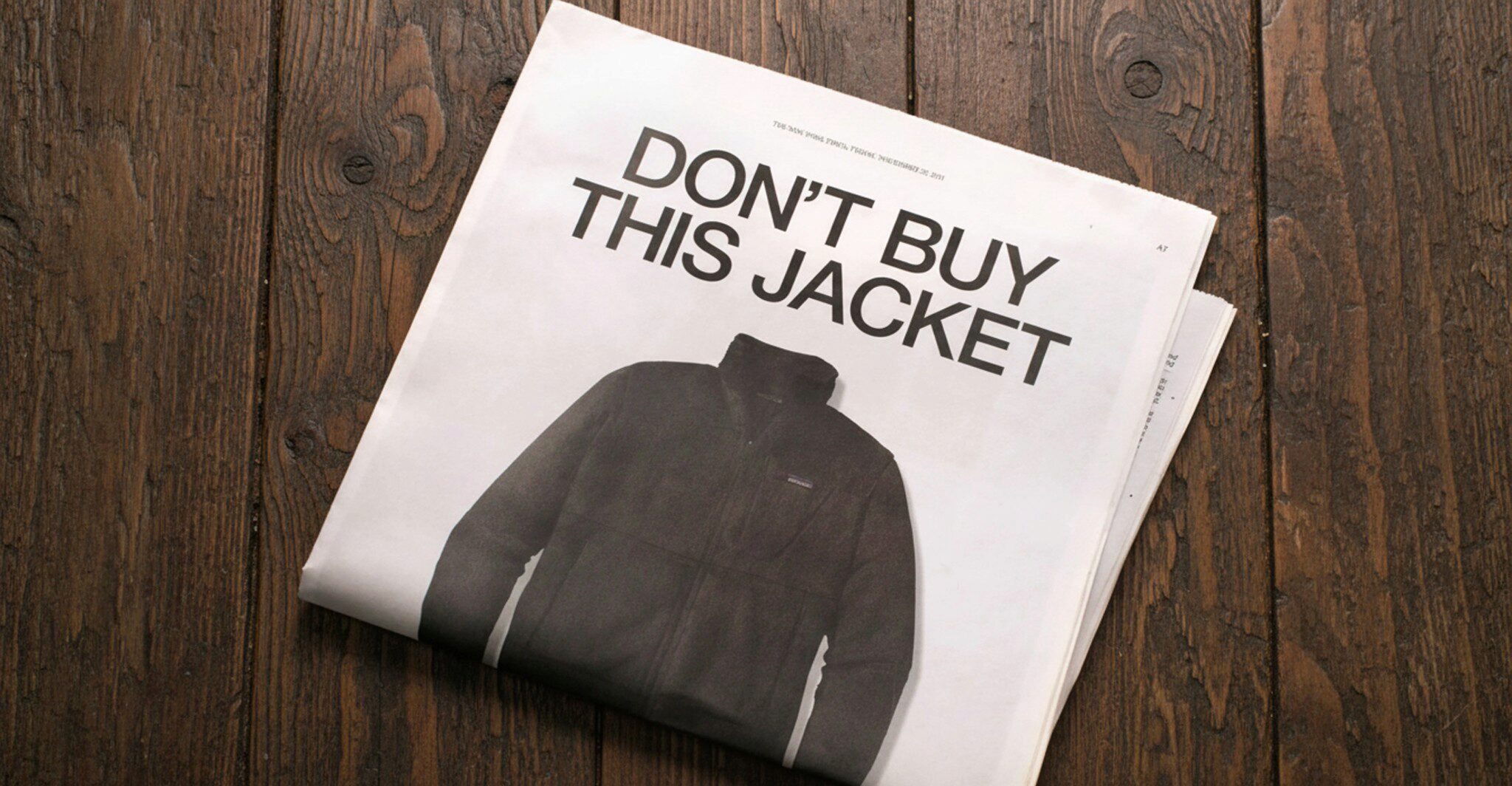The other night, I was doing some reading and finalizing some curriculum for our Clarity+ program that we're starting in a few weeks, and my online travels led me into a fascinating time of hanging out with the thoughts of one of the biggest names in the history of advertising, David Ogilvy. Ogilvy is renowned for having been highly quotable, somewhat eccentric, at times arrogant, and always brilliant when it came to advertising (even though he himself said that in his life, he probably only had about 10 great ideas).
But one quote has stuck with me...
“Never write an advertisement which you wouldn’t want your family to read. You wouldn’t tell lies to your own wife. Don’t tell them to mine.”
There's a lot packed into that statement. There's the obvious point about being an honest advertiser. Ogilvy was known to turn down accounts with companies that he felt were unethical or offered a sub-standard product/service. But the other implication here is that he leaves us with a really searching question about what's behind our advertising. If the purpose of our advertising is devoid of humanity, if all it is about is the sale, then the door is open to lie to your audience. But if it's about people, if it's about offering them something that is genuinely helpful to them, then there is no room at all for lies, or stretching of the truth in order to make a sale.
The thing that I find interesting is that this challenge is probably even more important today than it was when Ogilvy said it.
All kinds of advertising are susceptible to forgetting that they target real people with feelings and families and real-life experiences. But in today's world, the risk is exacerbated by the incredible pressure on advertising people to produce measurable results at a break-neck pace. Furthermore, studies are showing definitively that when humans get online, there is a phenomenon called Online Disinhibition Effect that occurs, where we do and say things to other people that we never would if we were face-to-face with them. Somehow, when we get in front of that screen, there is a real risk that we disassociate from those we're communicating with.
It's a serious reminder that we need to be vigilant to watch for and combat in both online and traditional media.
There shouldn't be room for lies in advertising. The reality is that if you have to lie, then your product or service isn't good enough and you need to back way up past your ad department or consultant and take a look at that first.





